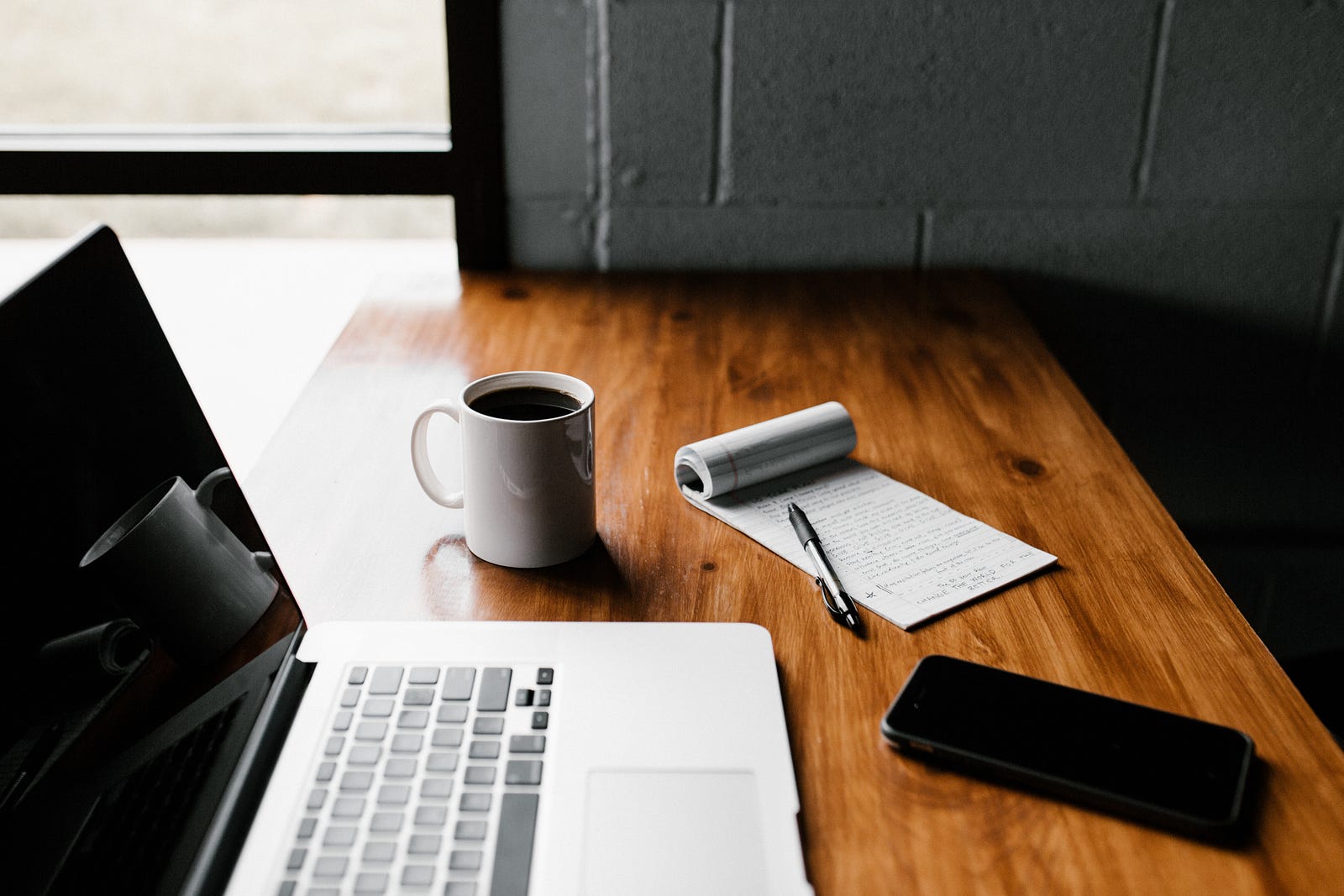Reasons I Turn to Research Instead of People for Advice.
Ever been chastised for relying more on research than on other’s opinions? Especially when it comes to big decisions? I have and I do. Here’s five reasons why I’ll probably continue:

1. People tend to tell others what they want to hear.
We are hard-wired to belong and connect. It’s difficult to tell someone things they don’t want to hear, even when they’ve asked for the feedback.
Information
has no stake in the outcome. It doesn’t care if I am happy or
miserable. It simply exists. It’s not worried about hurting my feelings
or maintaining the relationship.
I
am also able to read and consider many different viewpoints on
circumstances or situations by seeking out and analyzing the research. I
would have to talk to 100 friends, mentors and colleagues to get the
same depth and breadth that I can get from an hour doing research.
2. Other people do not know or share my values.
Maybe
you would cut communication off with someone who has hurt you and maybe
I should. Maybe you would never pick up and move to Portugal for the
winter. But I’m me and you’re you.
My
desire to understand more about myself and my relationships leads me to
continue discussions with those who have hurt me or those who have
vastly different opinions from me. I also rarely turn down an adventure
(or an opportunity to debate). I encourage others to do the same; how
else do we learn?
3. I am a student of human behavior.
That
begins with me. I want to understand the science behind why I act a
certain way or seem to get in my own way. I’m not entirely sure why this
works, but rationalizing is an important coping skill of mine. Figuring things out helps me make sense of things.
Just the act of solving a puzzle or fixing a problem soothes me. Calms me down like a warm bath.

4. When I am struggling, I am looking to connect.
Too
often when we turn to others for advice, we end up feeling dismissed,
belittled or placated. It seems counterintuitive to turn to research,
but everyone has their own thing going on. At the end of the day, when
you’re face down in the middle of the stadium, as Brene says, you’re
usually in there alone.
This
isn’t to say that I don’t turn to my inner circle whenever I need
advice on specific topics. If I know they’ve had a similar experience or
think in a different way than me that could be helpful here, I add
their advice to the research.
5. I need time to process and think.
I
know too much about the brain to trust my automatic thoughts.
Additionally, as a survivor of multiple traumas, I don’t trust my
physiological responses all the time either.
Most people rely on their physical sensations when they are not sure how to feel and then assign meaning to those sensations.
Is my heart racing? Are my legs shaking? I must be afraid.
We
then, of course, confirm this assumption by selectively paying
attention to the things in our environment (or thoughts) that support
this conclusion. Another person could feel the same things and interpret
them as the excitement of new love.
In a conversational setting, especially one where I’m emotionally invested in the topic or unprepared, its difficult for me to sort out what is real and relevant about how I’m feeling from what is simply noise — outgrown thought patterns, anxiety, negativity.
My reliance on research seems pragmatic, efficient and reasonable to me. Why ruin your sample with too many variables? What I’m learning is that from the outside, it can seem impulsive.
And maybe it is.
Because
by the time I exhaust myself brainstorming, researching, evaluating and
learning, I don’t always give a shit what direction we head.
Comments
Post a Comment